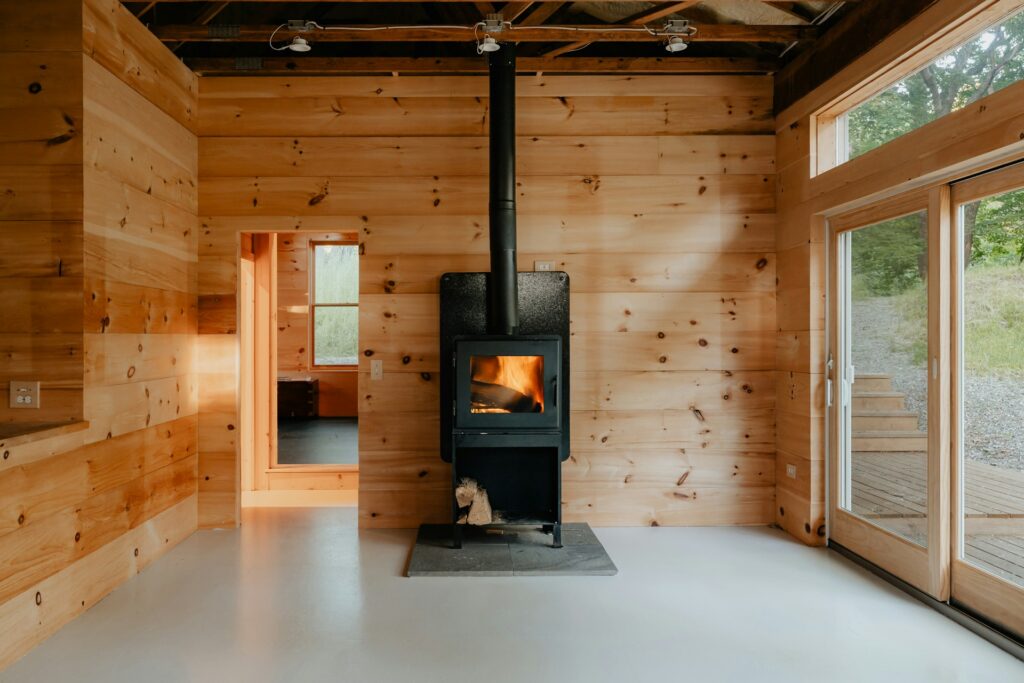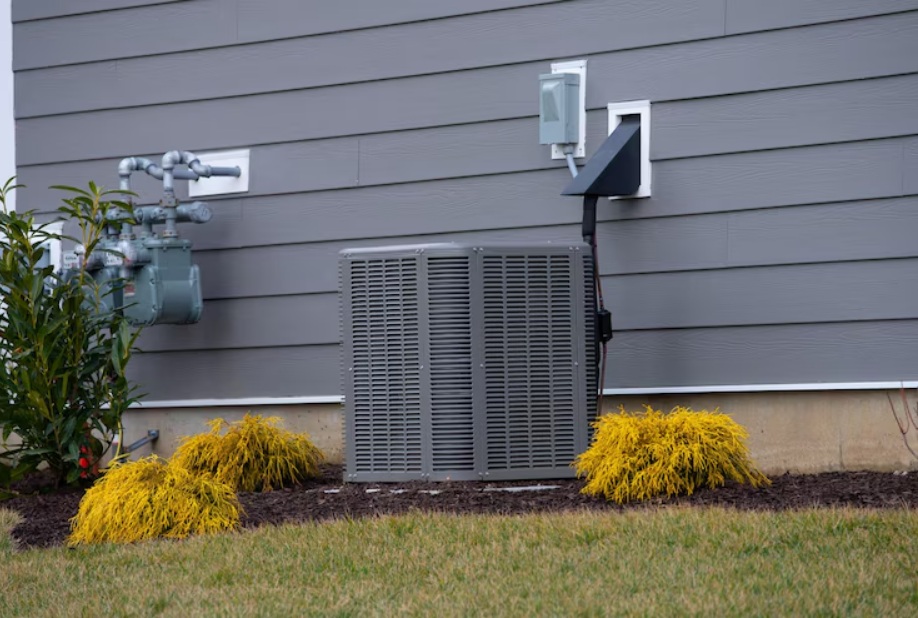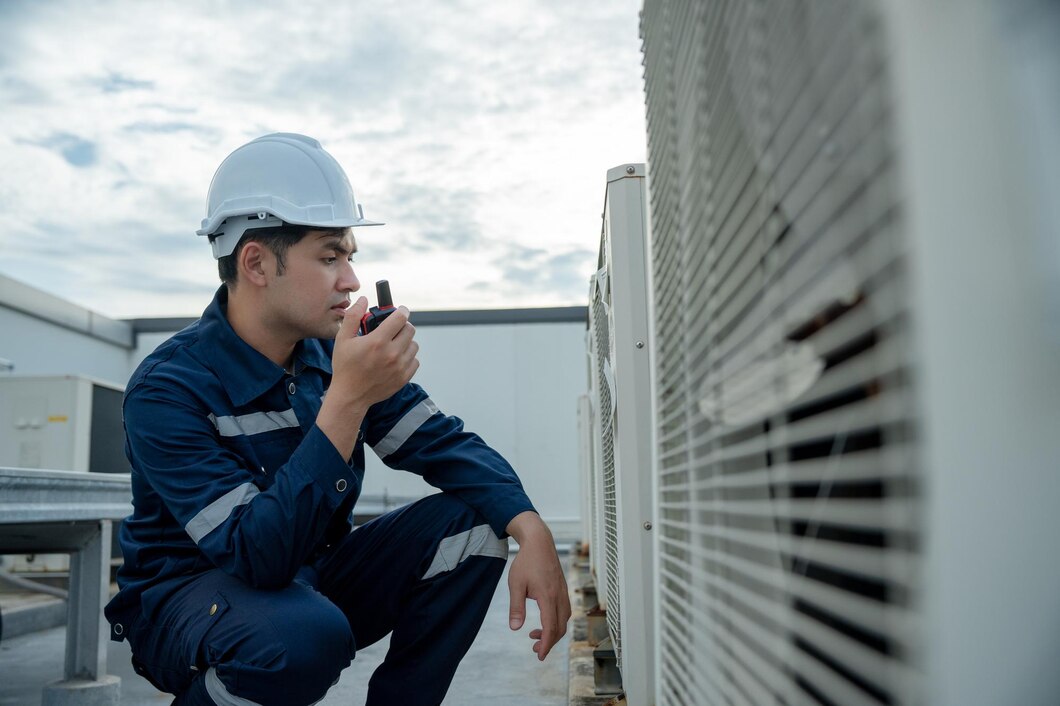Furnace noises can be unsettling and often signal underlying problems that require attention. Understanding what these noises mean and how to address them is crucial for maintaining a well-functioning heating system. Ignoring these sounds can lead to more significant issues and costly furnace repairs down the line.
Common Furnace Noises and Their Causes
Furnaces can produce a variety of noises, each signaling a different issue. Understanding these sounds can help you identify the problem and address it promptly.
1. Banging or Popping Noises – These sounds often indicate delayed ignition in your furnace. When gas builds up in the system and finally ignites, it can cause a loud bang or pop. This issue usually points to dirty burners or a failing ignition system.
2. Screeching or Squealing Sounds – High-pitched noises often come from a worn-out blower belt or motor bearings. When these components wear down, they can produce a screeching or squealing sound. Lubrication or replacement of these parts is necessary to resolve this issue.
3. Rattling or Clanking Noises – Loose or broken components within the furnace can create rattling or clanking sounds. This could be due to loose panels, screws, or even problems with the blower motor. Tightening loose parts or replacing broken ones can usually fix the problem.
4. Booming Sounds – A booming noise when the furnace ignites could indicate a dirty burner. The accumulation of dirt or dust causes delayed ignition, creating a loud boom. Cleaning the burner can solve this issue.
Understanding these common noises and their related issues can help you take the necessary steps for furnace repair, ensuring your system runs smoothly and efficiently.
How to Troubleshoot Furnace Noises
Once you identify a noise coming from your furnace, the next step is troubleshooting to pinpoint the exact cause. Follow these steps to diagnose the issue effectively:
1. Turn off the Furnace – Before inspecting your furnace, turn it off and disconnect the power supply to ensure safety. This includes switching off the thermostat and unplugging the unit or disconnecting it from the circuit breaker.
2. Listen Carefully – Sometimes noises can be misleading. Pay close attention to where the noise is coming from. Is it the blower motor, the burners, or another component? Identifying the source will narrow down the possible causes.
3. Inspect Visible Components – Check common parts like the blower belt, motor bearings, and burners. Look for signs of wear and tear, looseness, or dirt build-up. Visual inspection can often reveal problems that need fixing.
4. Check Panels and Screws – Loose panels and screws can cause rattling and clanking. Ensure all panels are securely fastened and screws are tightened. This simple step can often eliminate common noise issues.
5. Look for Obstructions – Examine the ductwork and vents for any obstructions that could be causing airflow issues. Clear out any blockages to ensure proper airflow, which can reduce noise levels.
6. Test the Thermostat – Sometimes the issue isn’t with the furnace itself but the thermostat settings. Make sure the thermostat is set correctly and is functioning properly. An incorrect setting can cause the furnace to operate noisily.
These steps help you diagnose the problem and determine whether it’s a simple fix or something requiring professional attention. Knowing how to troubleshoot can save you time and potentially money on unnecessary repairs.
DIY Fixes and When to Call a Professional
Minor furnace repair tasks can be done at home if you have the right tools and knowledge. Here are some simple fixes you can try:
1. Tighten Loose Parts – If you hear rattling or clanking noises, check for loose panels and screws. Tightening them can often stop the noise.
2. Clean the Burners – Dirty burners can cause booming noises. Turn off the furnace and clean any dirt or debris from the burner area. This can improve ignition and combustion.
3. Replace the Blower Belt – If the screeching sound is due to a worn-out blower belt, replacing it can solve the problem. Make sure you consult your furnace’s manual for the correct part and installation steps.
4. Lubricate Moving Parts – Moving parts, like blower motor bearings, might need lubrication. Check your manual for guidance on which parts need oiling and the type of oil to use.
However, some issues require the expertise of our professionals:
1. Persistent Noises – If noises continue after trying DIY fixes, there might be a more significant issue. Our technicians can diagnose and fix these problems safely and effectively.
2. Complex Electrical Issues – Furnaces have complex electrical components that should be handled by professionals to avoid the risk of injury or further damage.
3. Unusual Smells – If you detect a gas odor or burning smell from your furnace, turn it off immediately and call our professionals. These odors can indicate serious safety hazards.
Preventive Maintenance Tips for Your Furnace
Regular maintenance helps prevent furnace repair issues and ensures your system runs efficiently. Follow these tips to keep your furnace in top condition:
1. Schedule Annual Inspections – Have our technicians inspect your furnace yearly. They can identify and fix potential issues before they become significant problems.
2. Change Air Filters Regularly – Dirty air filters restrict airflow and can make your furnace work harder. Replace filters every 1-3 months, or according to the manufacturer’s recommendations.
3. Clean Vents and Ducts – Dust and debris can accumulate in your vents and ducts, causing poor airflow and increasing noise. Clean these areas regularly to maintain optimal performance.
4. Check the Thermostat Settings – Ensure your thermostat is set appropriately for the season. Incorrect settings can cause your furnace to cycle on and off frequently, leading to unnecessary wear and tear.
5. Inspect Carbon Monoxide Detectors – Check that your carbon monoxide detectors are working correctly. This is crucial for safety, as malfunctioning furnaces can sometimes leak dangerous carbon monoxide gas.
Conclusion
Understanding the various noises your furnace can make and knowing how to troubleshoot them can save you from unneeded stress and costly repairs. While some furnace repair tasks can be handled with simple DIY fixes, others are best left to our professionals. Regular maintenance is crucial for the longevity and efficiency of your heating system, helping you avoid unexpected issues.
By following these guidelines, you can ensure your furnace runs smoothly and keeps your home comfortable throughout the colder months. Trust the expertise of our team at Standard Heating, Cooling & Plumbing to handle any complex problems and to provide routine inspections for your furnace.
Keep your home warm and safe. Contact us today to schedule an inspection or consult with our professionals for all your furnace repair services in Birmingham, AL.











